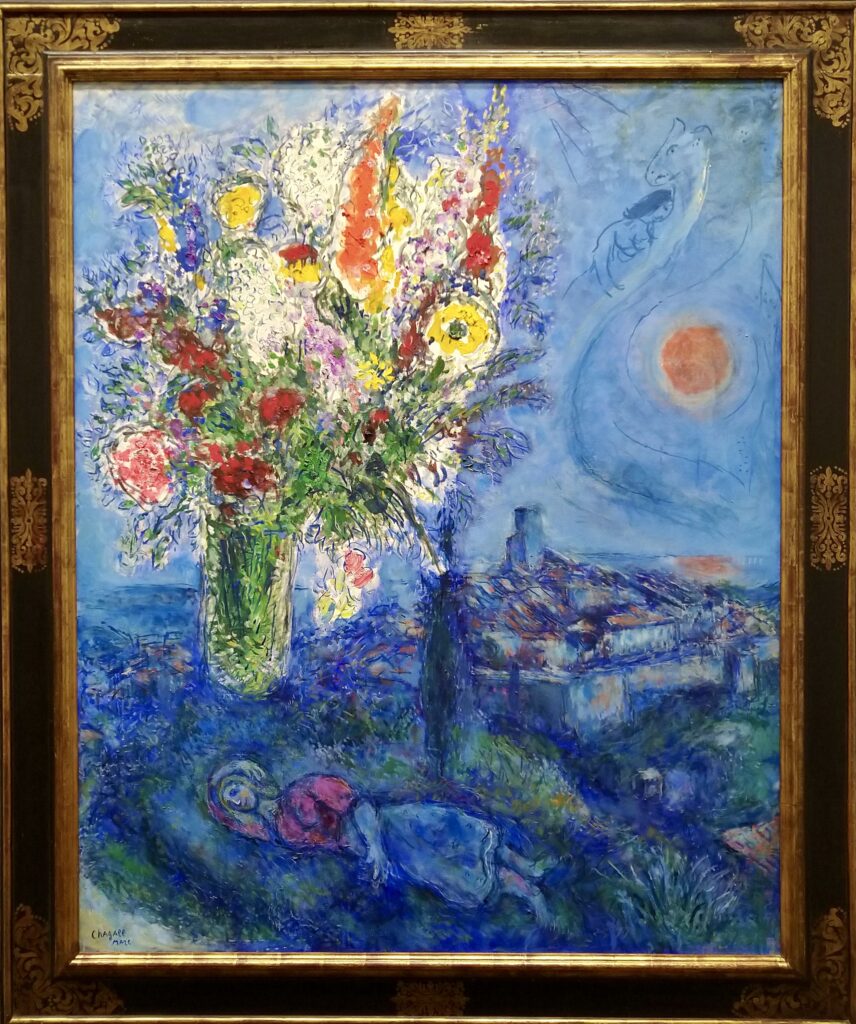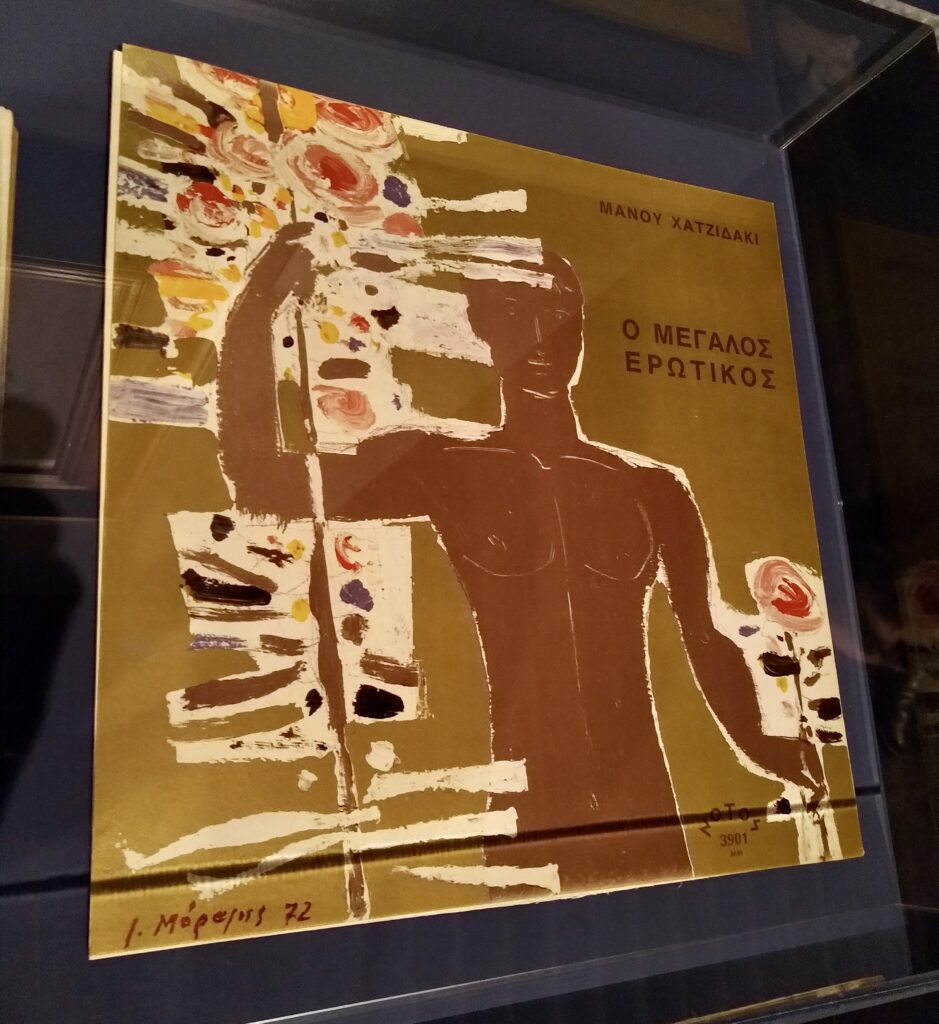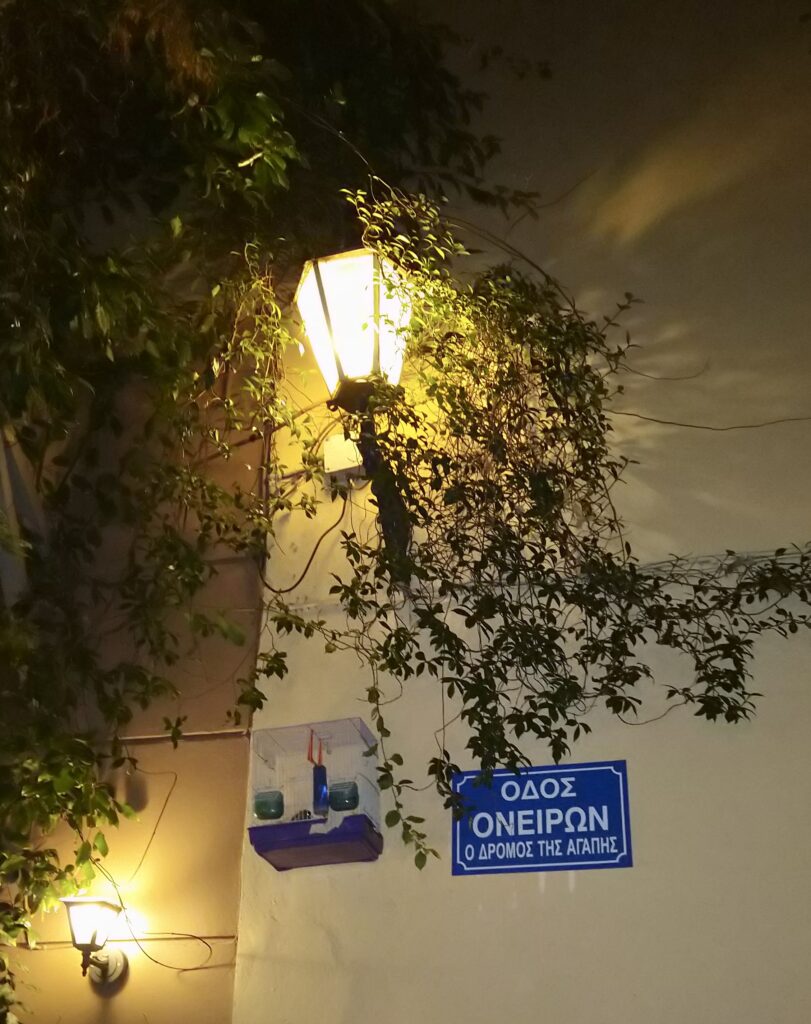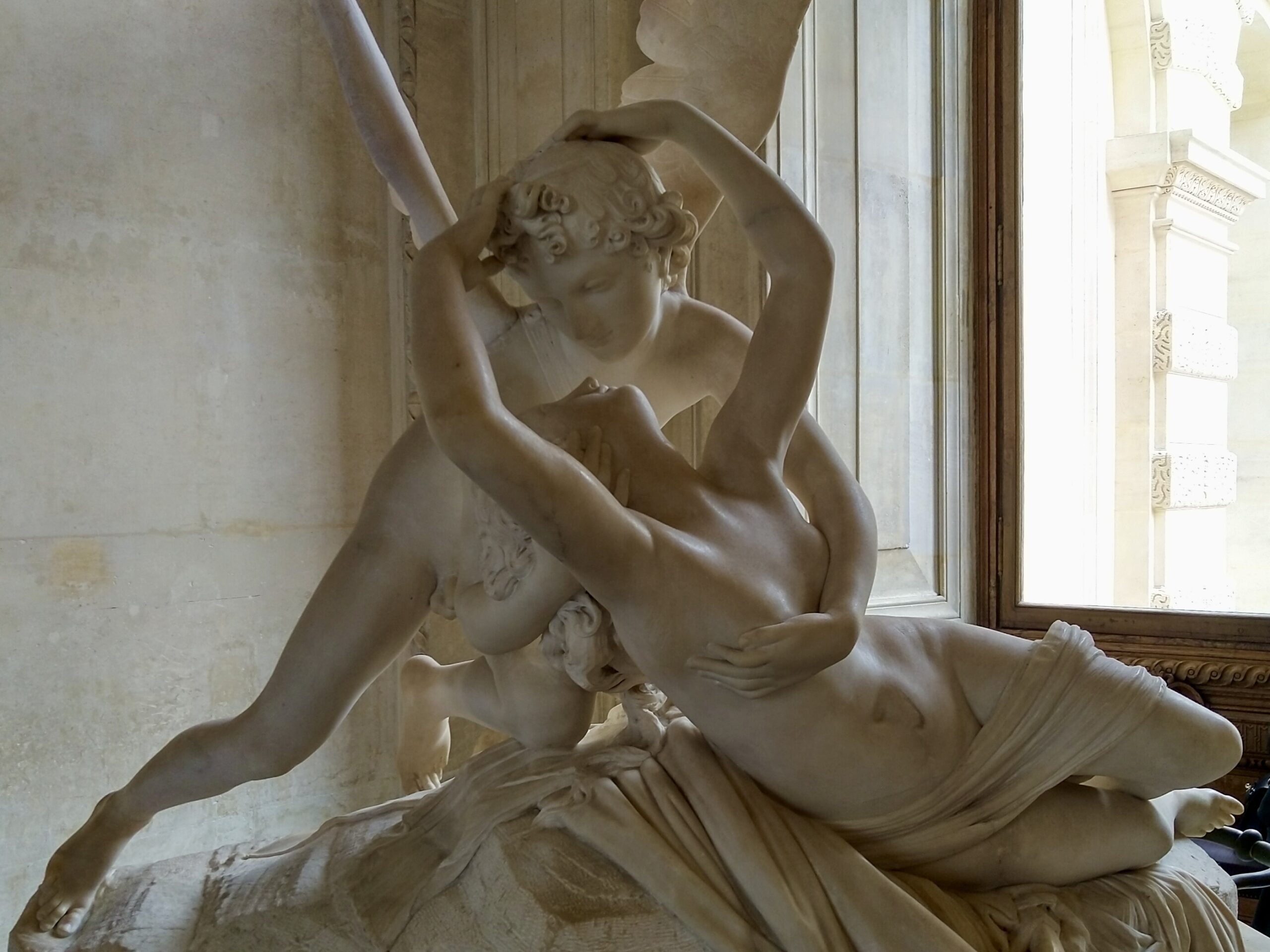Reading the Pope’s The Name of God is Mercy, came after a lineup of other “self-help” books, which, though interesting, had all left me unsatisfied in a way. As if I was looking for a wise, comforting, encouraging voice and I hadn’t found one yet. I had read the Pope’s Let Us Dream before, which had given me exactly this feeling so that I wanted to give this book a try. It was set up a bit differently than the other book, consisting of an interview with the Pope and an appendix.
I was a bit disappointed by the interview, to be honest, too venerating of the Pope, too goody-goody, not really giving me more than I already knew. The good bit did not come until the appendix (which I could have found online, I’ll include a link below where you can download it in 14 different languages1): the “papal bull” (an official document with the seal of the pope) announcing the “Extraordinary Jubilee of Mercy” (a special jubilee year dedicated to mercy) bearing the title, Misericordiae Vultus, the face of mercy.
I understand if other people struggle with the document’s very present Catholic terminology and “characters”, God and Jesus Christ. I did not, I feel at home in this Catholic world as it brings me happy memories of my family. I was never forced to take it all literally, never suffered from oppressive religious values or rules to live by, let alone from the child abuse.

Yet, I would like to tell you what I learned from this bull about mercy, or, more accurately, what I decided to take from it, because it made me feel seen in a way and I hope that it might offer some kind of that goodness to you too.
Sin is about purpose
Especially “sin” seems to have got a bad reputation in modern Western society. And with it confession. As if Italian maffiosi could just go to confess, pray their Hail Mary’s, and be excused for all the murders they committed, à la The Godfather. As if making up stealing a piece of candy (as some children did in the fifties to fulfill their “confession duty”), teaches a child to be honest and pious. Instead, of course, it encourages lying and undermines the power of confession itself.
Originally, the Greek word for sin, (h)amartía (Greek being the original language of the New Testament), started out as meaning: missing your target, and metaphorically, not fulfilling your purpose. The Pope explains sin as a harmful behaviour, to people, but also to our environment.
I could relate to this, as I did not feel guilty of a crime, but rather that I had done much harm, to myself, to people and things that I love. Through anger and fear, I had not taken care of them well, seen their beauty, how they were there for me, how I could be there for them, or myself. I had missed out on much the world’s bounty and beauty, just because I didn’t trust myself, or hid myself out of shame.

The book helped me to connect “sin” to the wound I felt, a kind of gap and disconnection, rather than me as a whole being more evil than someone else, or less worthy. It reflected my (partial) awareness of how I had ended up hurting myself. Sometimes it was just the awareness of my body and I had pains I could not explain. Other times, I would remember an event without the feeling, or I remembered the feeling without the event. It caused me to judge myself and people around, disconnecting again and again from who I was and what I felt.
Mercy is about love and becoming whole again
Where I felt shame and kept hiding, the Pope kept repeating the importance of love: “the revelation of love”, “the mystery of love”, “love and compassion”. Love is the answer.
Mercy, he explained as the power of love acting to heal your wounds. I believe, with a modern selfhelp/therapy twist, you could easily call them your psychotraumas, literally “wounds of the soul”. Mercy heals these wounds like a good doctor, with his love, care and expertise heals wounds of the body. Mercy opens you up to the source of love, the love you have inside, the love that is around. It will enable you to see yourself for who you are now, the life you’ve lived and the life that you have in you, the future that is there for you and the potential that you have to take its opportunities.

Asking for mercy, and giving it to yourself, in my belief, should not be a moral obligation. You do not become a better person by confessing. Maybe you will feel more whole, lighter, more thriving, but you do not become more worthy as a person. Your value as a human being is unconditional. To ask for mercy comes from the longing to heal, to reconnect with yourself and the world and people around. It is something you do for yourself, an act of love. Mercy asks you to see the pain, to carry it, to be okay with it, to believe it deserves love and care. This in itself is the healing, the becoming whole again.
Sin and mercy are something very personal. My feelings of guilt and shame were my own, not logical or justified, but a symptom of the pain I carried and how I had dealt with it. These feelings longed to be listened to, if only by myself. And Pope Francis in this bull comforted me that nothing I had done or felt could be so bad, so horrible, so taboo, that it would prevent me from deserving mercy. That I could cut off my legs, murder someone, lose all my money, then steal a piece of candy and still I would never lose the capability to feel loved and whole again.
And so, I want you to know that, if you suffer from anger, shame, self-blaming, fear, whatever it is, big or small, maybe from a coldness that protects you from pain and love alike. If you long to be in touch with yourself and the people around you again, you can take all your time in the world, there is no obligation, no moral duty. Just know that, at any moment you want, you are free to approach it all with love and feel whole again.
I will leave you with a poem by the 13th-century Central Asian poet Rumi, as he expresses so beautifully the feeling I have tried to capture.
That you may feel loved.
See you in the next one!

Come, come, whoever you are.
Wanderer, worshipper, lover of leaving.
It doesn’t matter.
Ours is not a caravan of despair.
Come, even if you have broken your vows a thousand times.
Come, yet again, come, come.
Rumi
- https://www.vatican.va/content/francesco/en/bulls/documents/papa-francesco_bolla_20150411_misericordiae-vultus.html ↩︎
The featured image is a photograph of Antonio Canova’s Psyche revived by Cupid’s Kiss, part of the permanent collection of the Louvre in Paris.

Leave a Reply